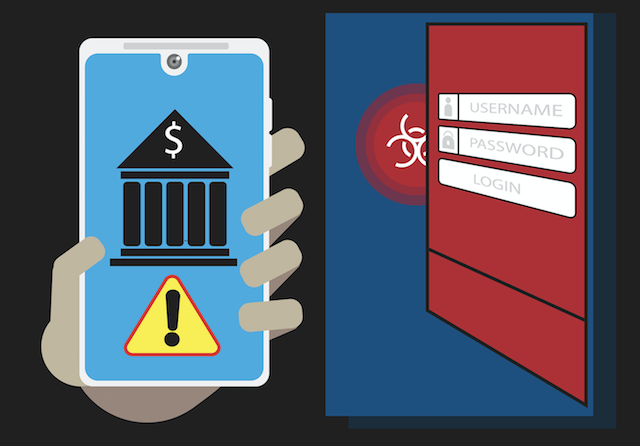Security News

Subway patrons in the UK received suspicious emails this morning and infosec researchers fear this is linked to the theft of customer details - and a Trickbot malware campaign. "I've just had an email purporting to be from Subway and sent to an address used only for Subway," Reg reader Alan told us.

New malicious NPM packages have been discovered that install the njRAT remote access trojan that allows hackers to gain control over a computer. NPM is a JavaScript package manager that allows developers and users to download packages and integrate them into their projects.

A wave of targeted cyberattack campaigns bent on espionage is cresting around the globe, using a strain of a 13-year old backdoor trojan named Bandook. According to Check Point Research, Bandook was last spotted being used in 2015 and 2017/2018, in the "Operation Manul" and "Dark Caracal" campaigns, respectively.

A threat group tracked as Stantinko was observed using a new version of a Linux proxy Trojan that poses as Apache servers to remain undetected. Previously, the Stantinko group was mainly known for the targeting of Windows systems, but recent attacks show that they are also focusing on evolving their Linux malware, with a new proxy Trojan that masquerades as httpd, the Apache Hypertext Transfer Protocol Server found on many Linux servers.

Ever since its discovery in 2014-when Emotet was a standard credential stealer and banking Trojan, the malware has evolved into a modular, polymorphic platform for distributing other kinds of computer viruses. Emotet is the most uploaded malware throughout the past few years.

A new banking trojan has been discovered targeting Android users, with the capabilities to spy on 153 mobile apps from various banks, cryptocurrencies and exchanges. Kaspersky telemetry shows that all victims of the Ghimob mobile banking trojan are currently located in Brazil at the moment.

Four months after security researchers uncovered a "Tetrade" of four Brazilian banking Trojans targeting financial institutions in Brazil, Latin America, and Europe, new findings show that the criminals behind the operation have expanded their tactics to infect mobile devices with spyware. According to Kaspersky's Global Research and Analysis Team, the Brazil-based threat group Guildma has deployed "Ghimob," an Android banking Trojan targeting financial apps from banks, fintech companies, exchanges, and cryptocurrencies in Brazil, Paraguay, Peru, Portugal, Germany, Angola, and Mozambique.

A trojan targeting Linux and deployed by a known ransomware gang has been discovered by Russian antivirus firm Kaspersky. The trojan was, so the two said, similar to the existing RansomEXX trojan, which they said had been deployed only last week against Brazil's courts, as well as targets in the US and elsewhere.

The Wroba mobile banking trojan has made a major pivot, targeting people in the U.S. for the first time. Where Android users are served up the full Wroba download, according to researchers, the executable doesn't work on iPhone.

The group had three hierarchical levels: leaders, mid-level managers, and money mules. The funds were transferred through a complex series of transactions that included transfers to other bank accounts controlled by the money-laundering group and conversion to cryptocurrency.